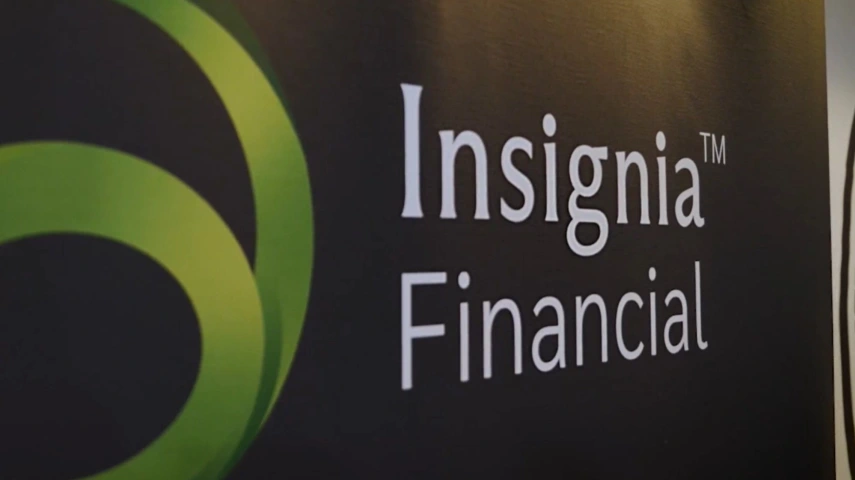Insignia PE bidder pulls out of acquisition process



Insignia Financial has announced the status of the two private equity bidders as due diligence comes to an end.
Due diligence comes to an end tomorrow (15 May), having been extended by a month from the original six-week deadline. This was to allow the two players to finalise debt funding and associated due diligence, and finalisation of scheme implementation deed terms.
Both CC Capital and Bain Capital had made bids of $5 per share to acquire the company, which increased the value of the financial services firm to $3.3 billion. This was up from $3 billion under the previous bid of $4.60 per share.
However, the volatile market environment has left one bidder opting to exit the process.
In a statement to the ASX, Insignia said: “Bain has informed Insignia Financial that it will be unable to proceed at this time with making a binding offer for the company, due to the macro uncertainty caused by the volatility in global capital markets.
“Insignia Financial remains in discussions with CC Capital, which has advised that it continues to actively work towards making a binding bid for the company over the coming weeks.
“There is no certainty that the ongoing discussions will result in any transaction being put to Insignia Financial shareholders for their consideration.”
During the due diligence process, the firm was also hit by a cyber attack which affected a small number of members on its Expand platform.
It is understood this was a coordinated cyber attack which affected Insignia, as well as superannuation funds AustralianSuper, Australian Retirement Trust, Hostplus and Rest. Insignia confirmed the incident affected around 100 Expand accounts and said there had been no financial impact to its members. It described the incident as conducted by a “malicious third-party” which involved “credential stuffing” where an unusual number of login attempts targeted the platform.
Recommended for you
Despite the year almost at an end, advisers have been considerably active in licensee switching this week while the profession has reported a slight uptick in numbers.
AMP has agreed in principle to settle an advice and insurance class action that commenced in 2020 related to historic commission payment activity.
BT has kicked off its second annual Career Pathways Program in partnership with Striver, almost doubling its intake from the inaugural program last year.
Kaplan has launched a six-week intensive program to start in January, targeting advisers who are unlikely to meet the education deadline but intend to return to the profession once they do.











